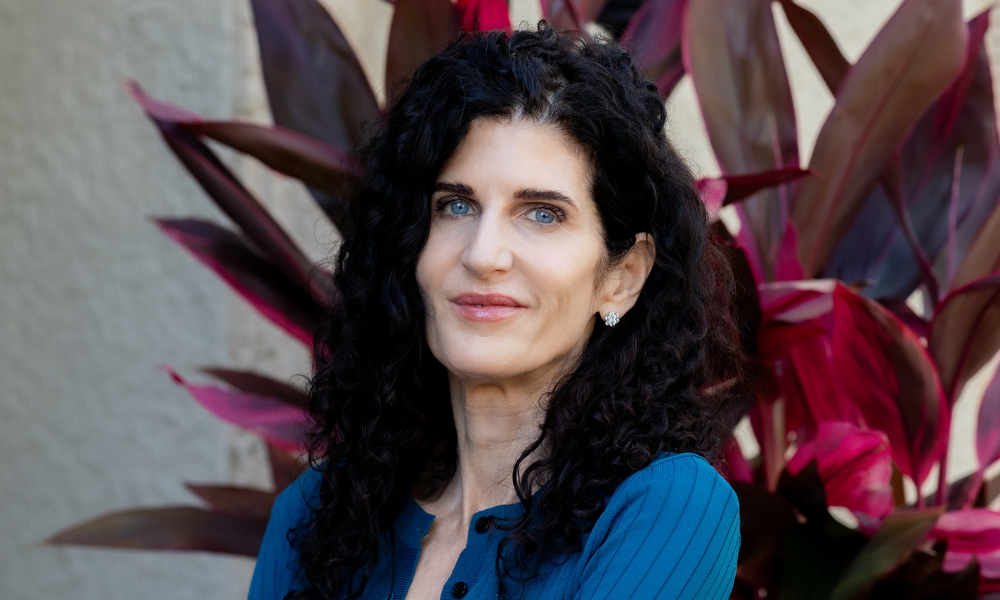

By 2030, women will control over $34 trillion in North America alone. Millennials and Gen Z are set to inherit the bulk of an $84 trillion windfall by 2045. These aren’t just staggering figures—they represent a fundamental shift in who holds wealth and how they want it managed.
Van Dusen, CEO and Founder of LVW Advisors, has seen this disconnect unfold firsthand. “From everything I can tell, women will control roughly 45% of the world’s wealth within 10 to 15 years,” she says. “Which is a statistic that would have blown Susan B. Anthony’s mind.”
She entered the profession in 1987 as one of just two women in a 300-person training class. Decades later, she’s dismayed by how little has changed at the top of the industry—but outside of it, client demand is evolving fast. More women are seeking advisors who understand both their goals and lived experiences.
“We’re getting more requests from women with wealth, women with businesses that want to work with a woman advisor,” she says. “We’ve had more new clients that are women business owners than ever before.”
That shift isn’t just about who’s giving the advice—it’s about how it’s delivered. “You have to really be relationship-driven. Listen, ask a lot of open-ended questions. Be willing to teach, mentor, and integrate,” she says.
Van Dusen also pushes back against the idea that women are inherently conservative investors. “I don’t think that’s true at all. I think they’re just more risk-aware,” she explains. “They want to know more about downside protection and long-term security and planning, versus making a home run or outperforming the market.”
Across all demographics, clients are demanding more than investment advice. They want comprehensive, life-integrated planning that includes everything from succession and liquidity to exit strategies and tax efficiency.
That requires advisors to expand their capabilities—or rethink how they deliver them. “You either have to [build it] within a team or a firm or access it,” she says. “It’s not just about the investing, it’s about where those investments live, and how much of it is liquid.”
Younger clients are building wealth in different ways and expect more transparent, tech-enabled service. “They are digitally fluent. They tend to be more socially conscious and more open to all kinds of alternative investments. But again, that comes with education,” she says.
“Even if you’re not recommending crypto or private equity, you still need to speak the language,” she says. “You have to understand the distinctions—like the difference between an ETF and cold storage—so you can engage knowledgeably with your clients.”
The same goes for how information is shared. The quarterly binder meeting is dead. “They want to get on a Zoom call, go through things, be able to get into a portal, see things very seamlessly. They’ll listen to a podcast.”
Advisory firms hoping to serve the next generation of clients need to plan for their own future too. Van Dusen believes the industry must evolve from founder-led practices to multi-generational enterprises.
“A business to an enterprise in financial advisory, to me, is building out a multi-generational team,” she says. “We’re always involved with the next generation, sometimes the generation after that.”
Van Dusen points out that younger clients may not inherit as much as they anticipate, as poor communication, uneven financial literacy, and rising economic pressures complicate even well-laid estate plans. Although $85 trillion is expected to change hands, millennials and Gen Z are set to inherit less than half—about $27 trillion and $11 trillion respectively.
“Whether it’s through gifting strategies, charitable vehicles, trust structures. People have to act proactively,” she says.
Van Dusen notes that many younger clients, even those with significant wealth, are hesitant to give up control of their assets permanently—especially when the primary motivation is saving on potential estate taxes decades down the road. They want flexibility, optionality, and continued access, even as they engage in long-term planning.
Still, education can open the door. “There’s things that you can start with,” she says, pointing to irrevocable life insurance trusts or ensuring liquidity in the event of sudden change.
For Van Dusen, this moment isn’t just about market cycles or portfolio construction—it’s about redefining what leadership in wealth advice really means.
“It’s not just financial savvy anymore,” she says. “It’s being attuned to the people behind the portfolios.”

Summit Financial unveiled a suite of eight new tools, including AI lead gen and digital marketing software, while MassMutual forges a new partnership with Orion.

A new analysis shows the number of actions plummeting over a six-month period, potentially due to changing priorities and staffing reductions at the agency.

The strategic merger of equals with the $27 billion RIA firm in Los Angeles marks what could be the largest unification of the summer 2025 M&A season.

Report highlights lack of options for those faced with emergency expenses.

However, Raymond James has had success recruiting Commonwealth advisors.
Orion's Tom Wilson on delivering coordinated, high-touch service in a world where returns alone no longer set you apart.
Barely a decade old, registered index-linked annuities have quickly surged in popularity, thanks to their unique blend of protection and growth potential—an appealing option for investors looking to chart a steadier course through today's choppy market waters, says Myles Lambert, Brighthouse Financial.
